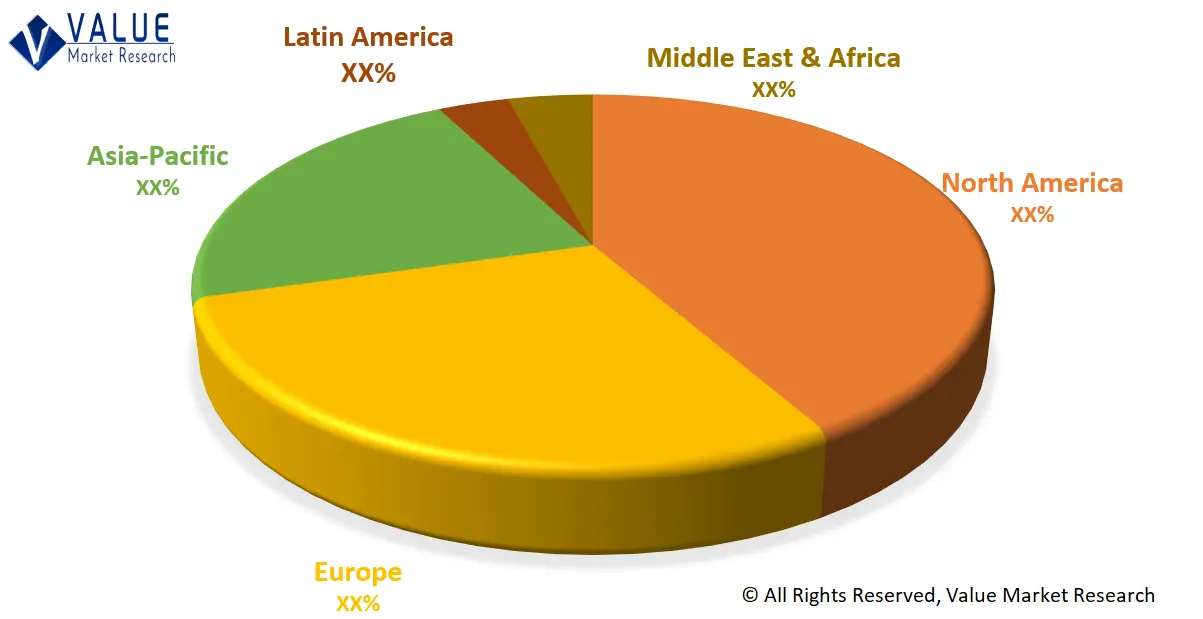The global demand for Biologics Contract Development And Manufacturing Organization (CDMO) Market is presumed to reach the market size of nearly USD 31.92 BN by 2030 from USD 12.65 BN in 2022 with a CAGR of 12.27% under the study period 2023 - 2030.
A biologics contract development and manufacturing organization (CDMO) provides comprehensive services to the biopharmaceutical industry, specializing in the development, manufacturing, and sometimes commercialization of biologic drugs. Biologic drugs such as proteins, antibodies, vaccines, and gene therapies are derived from living organisms, and they often require specialized techniques and facilities for their production.
Market Dynamics
As the demand for biologic drugs surges, driven by the need for personalized therapies and the prevalence of chronic diseases, biologics contract development and manufacturing organizations provide crucial services in the development and production of these complex medications. Biologic drugs require specialized manufacturing expertise and infrastructure, prompting pharmaceutical companies to outsource to CDMOs to access advanced technologies and capabilities. Outsourcing offers cost efficiency, flexibility, and faster time-to-market, particularly benefiting smaller biopharma entities without extensive manufacturing resources. Advancements in bioprocessing technologies contribute to market growth, enabling more efficient and scalable production methods. Additionally, CDMOs' regulatory expertise ensures compliance with stringent quality standards, a critical aspect in obtaining approvals. The globalization of the biopharmaceutical industry and the increasing adoption of outsourcing strategies further propel the biologics contract development and manufacturing organization market, providing pharmaceutical companies with specialized skills and capacity for biologic drug development and manufacturing on a global scale.
The research report covers Porter’s Five Forces Model, Market Attractiveness Analysis, and Value Chain analysis. These tools help to get a clear picture of the industry’s structure and evaluate the competition attractiveness at a global level. Additionally, these tools also give an inclusive assessment of each segment in the global market of biologics contract development and manufacturing organization (cdmo). The growth and trends of biologics contract development and manufacturing organization (cdmo) industry provide a holistic approach to this study.
Market Segmentation
This section of the biologics contract development and manufacturing organization (cdmo) market report provides detailed data on the segments at country and regional level, thereby assisting the strategist in identifying the target demographics for the respective product or services with the upcoming opportunities.
By Type
- Mammalian
- Non-Mammalian (Microbial)
By Product Type
- Biologics (Monoclonal (Diagnostic, Therapeutic, And Protein-Based), Recombinant Proteins, Antisense And Molecular Therapy, Vaccines, Other)
- Biosimilars
Regional Analysis
This section covers the regional outlook, which accentuates current and future demand for the Biologics Contract Development And Manufacturing Organization (CDMO) market across North America, Europe, Asia-Pacific, Latin America, and Middle East & Africa. Further, the report focuses on demand, estimation, and forecast for individual application segments across all the prominent regions.
Global Biologics Contract Development And Manufacturing Organization (CDMO) Market Share by Region (Representative Graph)

The research report also covers the comprehensive profiles of the key players in the market and an in-depth view of the competitive landscape worldwide. The major players in the Biologics Contract Development And Manufacturing Organization (CDMO) market include Boehringer Ingelheim Group, Wuxi Biologics, Samsung Biologics, Lonza Group, Fujifilm Diosynth Biotechnologies USA Inc., Toyobo Co. Limited, Parexel International Corporation, Icon PLC, Binex Co. Limited, JRS Pharma, Rentschler Biotechnologies, AGC Biologics, Sandoz Biopharmaceuticals (Novartis AG), Catalent Inc., AbbVie Contract Manufacturing. This section consists of a holistic view of the competitive landscape that includes various strategic developments such as key mergers & acquisitions, future capacities, partnerships, financial overviews, collaborations, new product developments, new product launches, and other developments.
In case you have any custom requirements, do write to us. Our research team can offer a customized report as per your need.

